Many people think that when a person sleeps, his/her brain also sleeps. But that’s not true. Human brain doesn’t shut down when people are in sleep. Rather, a recent study has shown that during sleep, human brain remains quietly active and can process information to help people make decisions, just like when they are awake.
Previous studies have shown that rather than switching off from our environment when we sleep, our brains ‘keep one eye open’, so they can catch important information that’s relevant to us. This means we’re more likely to wake up when we hear someone say our names, or when our alarms go off in the morning, than to the less-pressing sounds of an ally cat scratching around the bins outside or the periodic chime of a cuckoo clock.
But now, a new study led by senior research scientist Sid Kouider and PhD student Thomas Andrillon at the Ecole Normale Supérieure de Paris in France has investigated how active our brains are when we’re asleep. They found that complex stimuli from our environment can not only be processed by our brains when we sleep, but can actually be used to make decisions. And later scientists came to a conclusion that our brain can make decisions while we sleep.
Before coming to the conclusion, scientists did a small experiment upon some participants. They choose two categories – one related to animals or objects and the other some real words and some pseudo-words (pseudo-words are those words that can be pronounced but are found nowhere in the dictionary). In the first experiment, scientists told the participants some words related to animals or objects, for example “cat” or “hat”. In the second experiment, scientists told the participants some real words like “hammer” and some pseudo-words like “fabu”. Then the scientists asked the participants to indicate the category of the word that they heard by pressing a left or right button. This was done while they were awake.
Later, scientists asked them to continue to respond to the words while they were about to asleep. Since they were lying down in a dark room, most of them fell asleep while words were being played. At that time, scientists monitored the participants’ state of vigilance through EEG electrodes that were placed on their head. Once they were asleep, and without disturbing the flow of words they were hearing, scientists gave the participants new items from the same categories.
On the other hand, at some time, the participants stopped pressing the buttons. At then, researchers looked at their brain activity and they found that the participants were still planning to press a button, and had a preference for either the right or left side, depending on the words that were being played to them. This means that even when they were sleeping, the participants’ brains continued to prepare a response for when they were to resume the task the next day. When the participants woke up the next day, they couldn’t remember anything about the words they responded to in their sleep, which means “not only did they process complex information while being completely asleep, but they did it unconsciously”.
Source: The Conversation
[ttjad keyword=”ultrabook”]

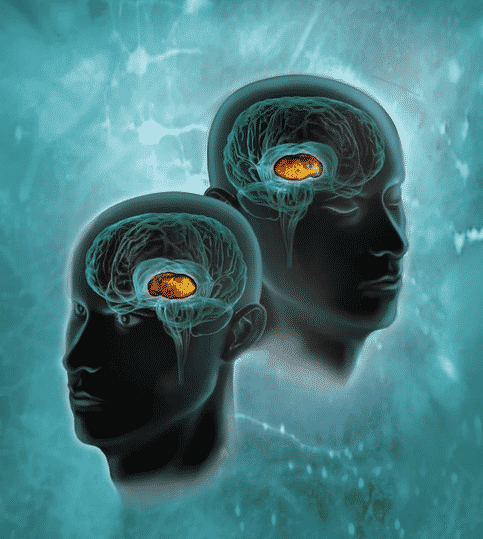
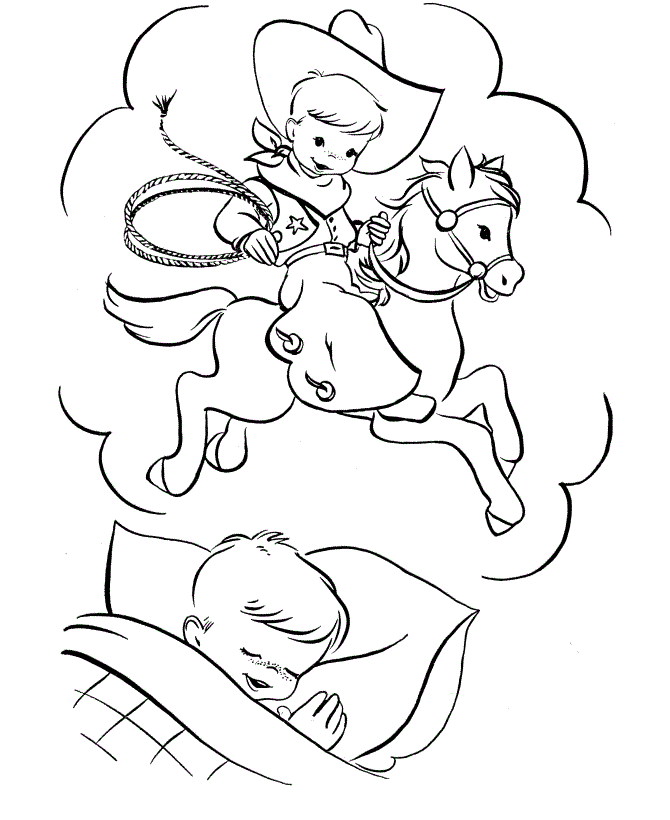
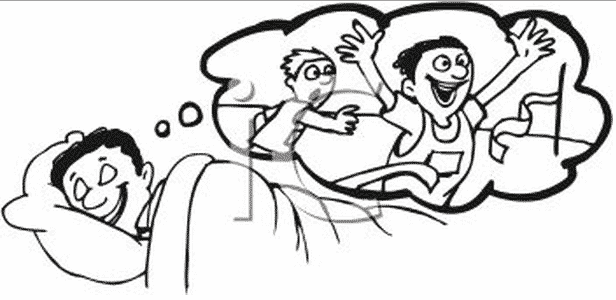
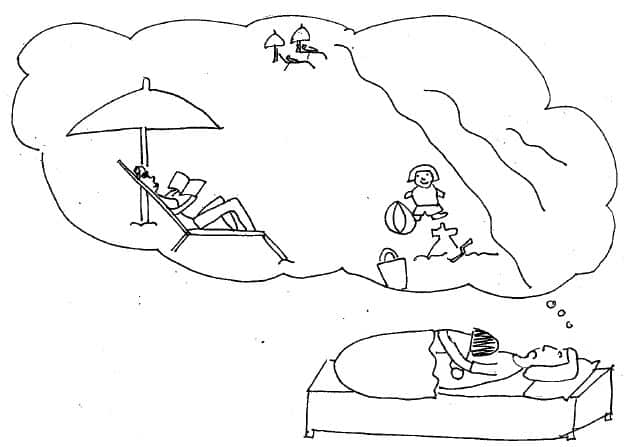

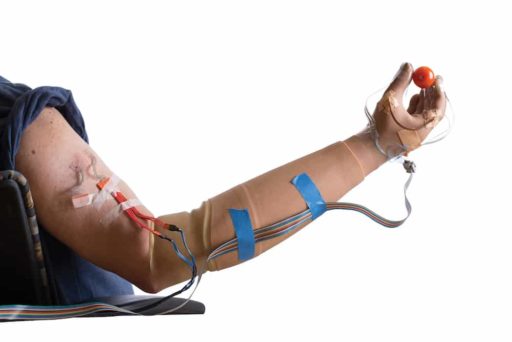

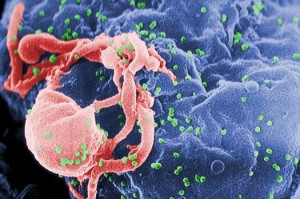
westlake village storage [url=https://otvetnow.ru]https://otvetnow.ru[/url] grand rapids culinary school